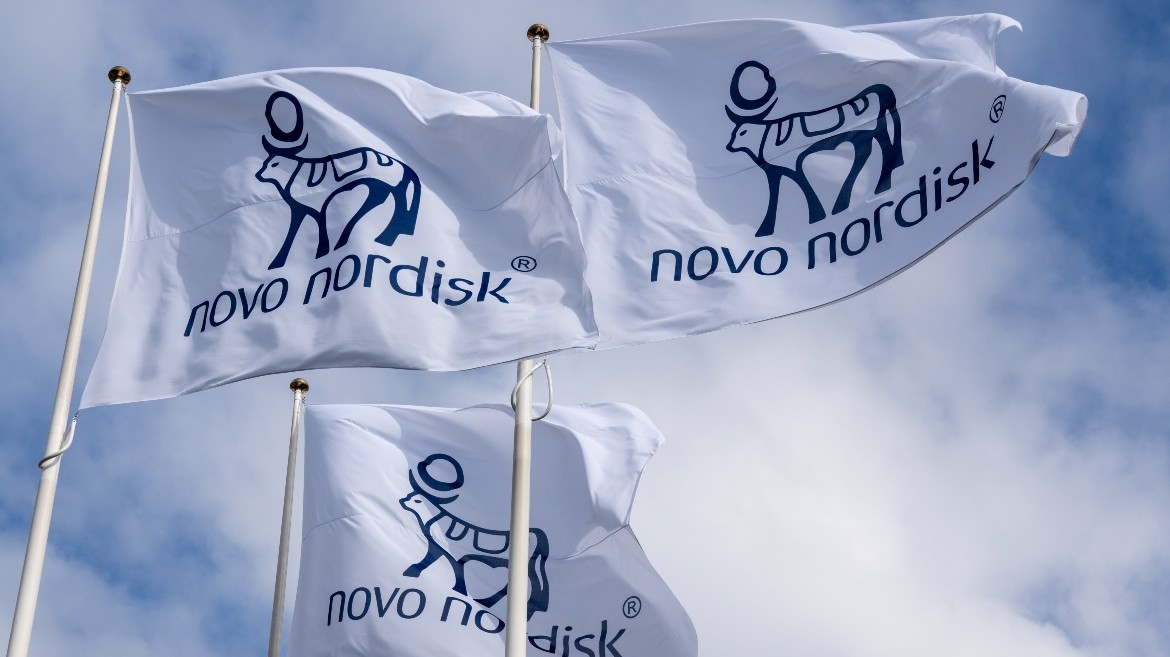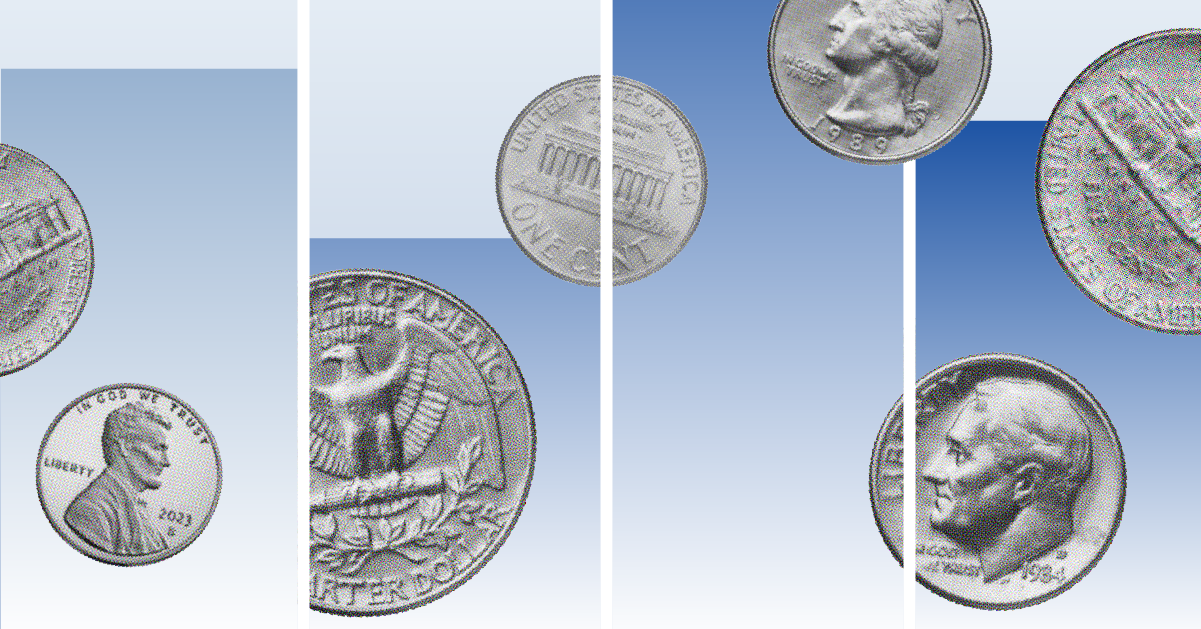AstraZeneca posted strong second-quarter results, well above our expectations. We may slightly raise our fair value estimate. Cost-cutting efforts and an unexpected delay of generic competition to cardiovascular drug Toprol-XL largely caused the higher-than-expected results. Management has raised its 2009 earnings estimate 10%.
While changes in currency rates helped reduce costs, we believe Astra's restructuring programme is running ahead of schedule. The company expects to save US$2.1 billion in annual costs by 2013. The substantial cost cuts in the second quarter lead us to believe the company will easily achieve its goal. As a percentage of sales, marketing and administrative costs fell more than 500 basis points from the prior-year period. Cost of goods sold and research and development expenses declined as well. We expect Astra will maintain the majority of the margin improvement. However, as currency rates stabilise, some of the gains will probably dissipate.
Astra's strong 9% operational year-over-year top-line growth was driven by gains from several drugs as well as delays from generic competition. Cardiovascular drug Toprol-XL lost patent protection more than a year ago. However, unexpected problems at generic firms caused the withdrawal of generic versions of Toprol-XL. The lack of generics extended Toprol-XL's exclusivity during the quarter, which we estimate gave Astra 3% of additional top-line growth. We don't expect the Toprol-XL gains to be sustainable over the next couple of quarters as generic capacity comes back on line. Astra's third-best-selling drug Crestor, for lowering cholesterol, grew a surprising 33% based on higher demand for the potent statin.
On the pipeline front, Astra faces two very important catalysts over the next few weeks. First, we expect the Food and Drug Administration to make an approval decision on diabetes drug Onglyza as early as Thursday. We estimate an 85% chance that the FDA will approve the drug, given the strong support from a recent FDA advisory committee. As a reference point, Merck's similar drug Januvia generated close to US$2 billion in worldwide sales over the past 12 months, and we expect Onglyza will take some market share from Merck as well as expand the market. Additionally, Astra will report data on cardiovascular drug Brilinta on August 30. While the drug holds blockbuster potential, we project a 60% chance that Brilinta will reach the market as the drug's safety profile remains unclear.


























